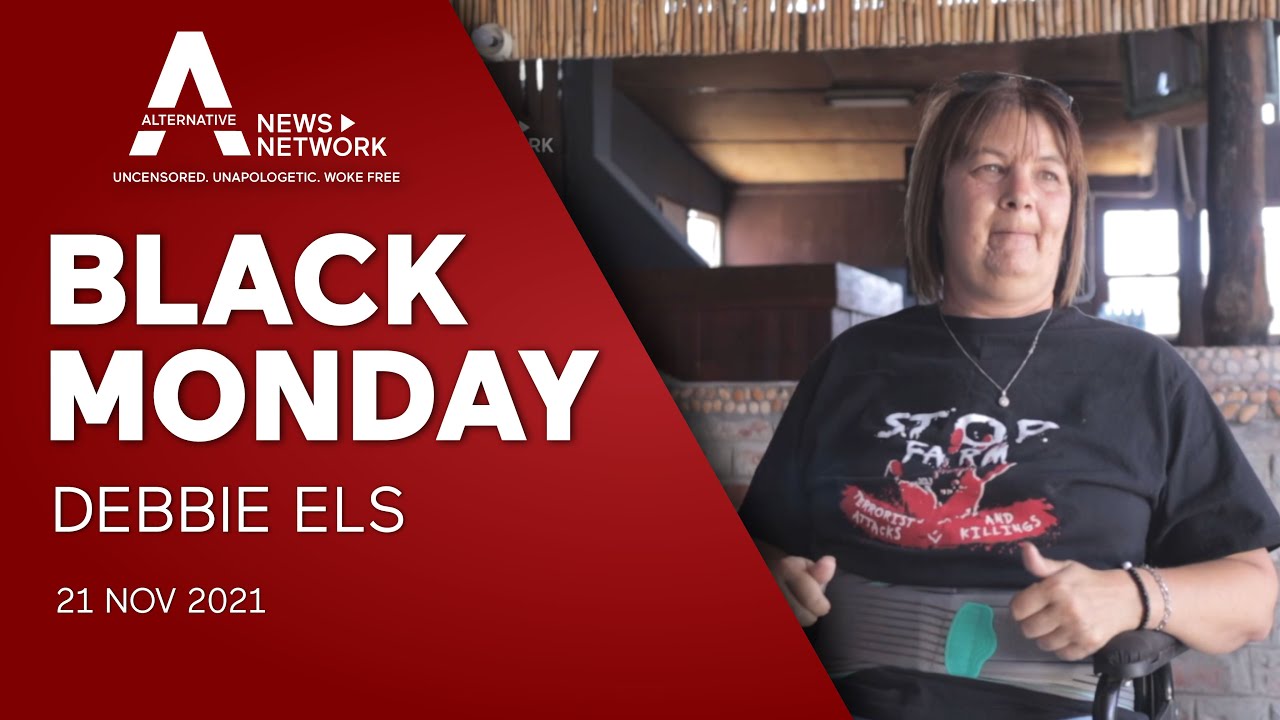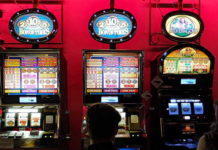
Gambling is an ancient activity, referenced in Greek mythology and still enjoyed by millions of people in countries around the world today. As a result it is no surprise to see that South Africa has had a long and varied history of gambling within its borders, although it is only in the past two decades that real efforts to codify and regulate it have been made.
So where does the country stand on gambling at the moment and what options are there for people who want to play games of chance?
Early Beginnings
Prior to becoming a republic in 1961, South Africa did not have a unified approach to gambling, but there were regional restrictions on many types of wagering. By the mid-1960s it became apparent that there was a need to create solid legislation, resulting in the formulation of the Gambling Act which effectively outlawed every permutation aside from horse racing.
Even with stringent limitations on gambling, small scale casinos were still operated illegally in many parts of the country.
As the decades passed, it became apparent that even with the illegality of gambling, it was still socially acceptable and so might be better managed through legalisation and regulation.
Modern Adoption
When true democracy arrived in South Africa in the 1990s, it did not take long for the new government to get around to tackling the issue of gambling. This resulted in the formulation of the National Gambling Act in 1996, which brought with it the controlled introduction of various legitimate gaming options, including lotteries and casinos.
Of course this was a long time before sites like casumobonus.com/casumo-free-spins existed, so there have been subsequent changes to the law in order to encompass the evolution of the industry as a whole.
Current State Of Play
The most up to date piece of legislation is the National Gambling Amendment Act, introduced almost a decade ago and revised in 2018. The aim of this was to shore up the regulations governing land-based casinos and effectively improve the standing of gambling as a leisure activity, not just for South Africans themselves but also for foreign tourists visiting from abroad.
When it comes to online play, it is still illegal for domestic operators to offer web-based gambling services to residents. However, the good news is that it is now possible for people to play using sites and platforms that are hosted elsewhere in the world, since the government’s jurisdiction does not extend beyond its borders.
The upshot of the current regulatory environment is that gambling in South Africa is booming, with the lottery and land-based casinos both continuing to gain momentum and gather interest far and wide. Meanwhile international online services cater to customers who want to place wagers and potentially win big without having to leave the comfort of their homes.
Acceptability
The question of whether or not gambling is an accepted pastime in South Africa is one which varies from person to person, from family to family and from community to community.
There is no doubt that there are issues with gambling addiction, which can hit susceptible individuals hard and lead to serious ramifications. But for the vast majority of players who are able to dip in and out while remaining unaffected and keeping a level head about their gambling spending, it is a perfectly acceptable leisure activity, no different to a number of other options.
The true test will be whether the government eventually decides to make online gambling legal for domestic operators. So far it has been resistant, but with other countries loosening their own rules it may only be a matter of time.













